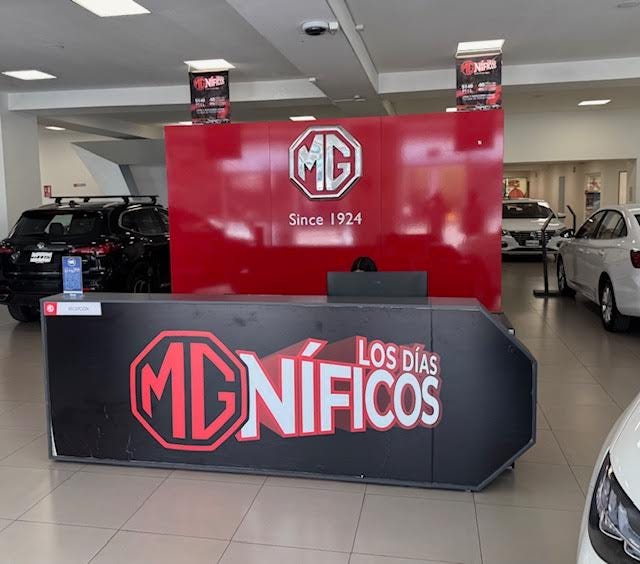China's Next Sputnik Moment
"Zero-Mileage" Second Hand Cars From Mexico
What for, summertime, if not some wild, could-never-happen ideas.
What if car dealers in San Diego, Phoenix, and San Antonio begin importing “lightly-used” Chinese vehicles from Mexico and delivering them to American buyers. (In China itself, EV companies are already selling “zero-mileage second hand cars” to get around regulations intended to end price wars.)
Today, America imposes a 147.5 percent duty on new electric cars imported from China, according to data from the U.S. Department of Commerce, a formidable wall that has slammed the doors shut on direct imports from the PRC.
But used car imports from Mexico are subject to only a 25 percent tax.
American dealers buying from Mexico will have plenty of choices. China now exports more cars to Mexico than any other market in the world. Mexican consumers are already driving hundreds of thousands of BYDs, Chireys (Chery’s brand name in Mexico), Zeekrs, Aions, and SAIC-MGs.
A few weeks back, I crossed the border from San Diego to Tijuana and walked less than a mile to a BYD dealership. There, I test drove several new products, including the U.S.$45,000 Shark pickup truck and the $20,000 Mini Dolphin. BYD plans to sell 80,000 cars in Mexico this year, up from nothing in 2020.
While behind the wheel, I asked a BYD sales consultant named Luna about consumer perceptions. “Not a lot of Mexican customers are familiar with the BYD brand,” she told me. “But they get excited when they see the quality they can get at these prices. BYD’s infotainment is the best in the industry — way ahead of GM, Ford, and Toyota.”
Veteran executives from the Mexican industry told me that BYD and other Chinese cars are hurting legacy automakers. Stellantis and GM are losing market share at a rapid clip. Profits are falling fast, too.
In the last week of May, BYD cut prices on most of its models sold in China, including slashing the Dolphin Mini sticker to under $8,000. We can expect similar price drops in Mexico in the coming months.
Dealers in Mexico told me that they are barely breaking even on the sales of new Chinese cars. But they do not want to miss out on securing the franchise for the “next Toyota,” so they are even willing to lose money in the short term. “I think dealers in Texas would be disappointed not to have these vehicles in their own showrooms, too,” one said.
It is hard to imagine Chinese cars not finding their way up into Texas, Arizona, California, and beyond. American car buyers would be dazzled by the surprisingly high levels of quality and the advanced technology.
Detroit would be in a panic.
Politicians in DC would be livid. They would, no doubt, move to quickly stop the action at the border. But once the genie is out from there bottle, can she be put back in?
Originally published in ChinaFile on June 16, 2025. Reposted with permission.




Excellent observations and rationing! Wonder what would happen when BYD starts to produce in Mexico, and start to leverage "used car" channel?